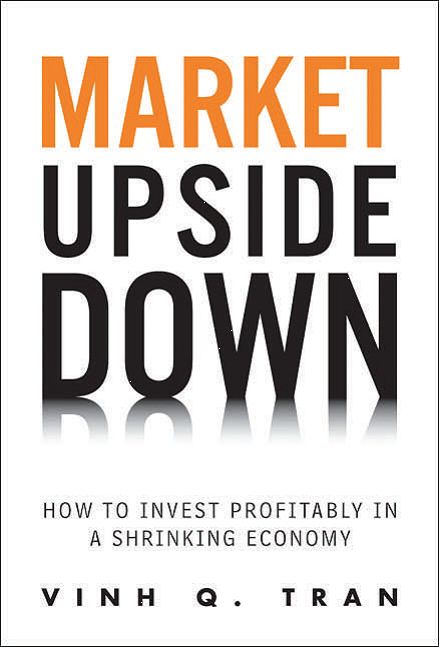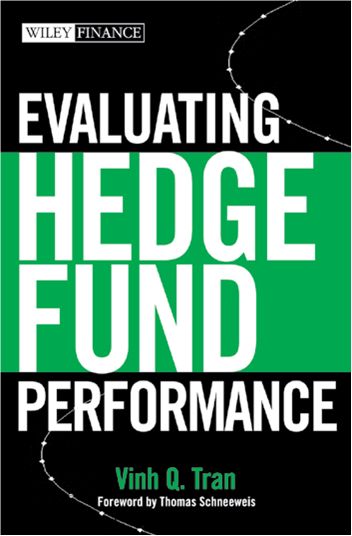August 31, 2010 – In a stunning reversal, investors have been taking money out of stock mutual funds! Is that so? In a recent front page article, the New York Times headlined “In Striking Shift, Investors Flee Stock Market.”
Citing data from the Investment Company Institute, the article observed, “Investors withdrew a staggering $33.12 billion from domestic stock market in the first seven months of this year.” It went on, “Renewed economic uncertainty is testing Americans’ generation-long love affair with the stock market.” “Small investors are ‘losing their appetite for risk,’” a well known strategist chimed in, as quoted in the article.
Not so fast. Concurrent with taking money out of domestic equity funds, individual investors have re-entered foreign stock markets, starting in April 2009, right after the market bottom in March. Since then investors have steadily upped their ante in foreign equities, except for an outflow of $5.6 billion in May this year, according to the Investment Company Institute. For the first quarter of 2009, investors withdrew $16.6 billion from foreign stock funds after an outflow of $82.5 billion in 2008. But money came back to foreign markets, with an inflow of $47.3 billion during the last nine months of 2009, and $28.4 billion so far this year, through the week of August 18.
The inflows into foreign equities were not large enough to offset the outflows from domestic stock funds, but close. Net inflows into foreign stock funds in 2009 were $30.7 billion, v. net withdrawals of $39.5 billion from domestic funds, leaving a much more modest net redemption from equities of $8.8 billion. Same thing so far in 2010. Net equity redemption came to $10.2 billion, consisting of a net withdrawal of $36.7 billion from domestic funds and additions of $28.4 billion into foreign equities.
The shift into foreign equities is unlikely to do much to help investors if another market crash is to occur. In 2008, the MSCI Barra USA index lost -38.6%; not a small number by any means. But the MSCI EU Index (which includes the Euro zone countries) dropped -49.8%; MSCI Emerging Markets crashed with a loss of -54.5%. The World Index excluding the U.S. tumbled by -45.2%. So far this year the EU index fared poorly versus the U.S., losing -13.8% v. -5.9%, respectively. Emerging Markets’ losses have been modest, -1.7%, but few investors have much in these markets.
These results should not be surprising to any market participant. In the tech bust of 2000, more money was lost from foreign markets than U.S. stocks. Foreign markets may perform better than U.S. stocks at times, but diversification with foreign stocks has not turned out to be an effective way to reduce risks.
This is because foreign equities have been shown, as I did in Market Upside Down, to be more volatile than the U.S. equity market.
If you are “losing appetite for risk,” you don’t flee U.S. stocks and move into foreign equities.
Also historically, foreign markets were highly correlated to the U.S. In the last four years, as an illustration, the MSCI World ex. USA Index has a 0.98 correlation with the U.S. (If this figure is 1.0, the two markets would move in perfect unison.) The correlation between the U.S. and the EU is 0.97. The Emerging Markets Index is 0.79 correlated to the U.S., hardly inductive as a diversification strategy to reduce risks.
Thus, if the U.S. market is to tank, foreign markets will likely follow and exacerbate investors’ losses.
So, why did individual investors run from U.S. stocks?
The flows data indicated that they became wary of the U.S. stock market, by withdrawing from domestic equity funds. Instead, they put money in bond funds. Inflows into bond funds were $205 billion this year through August 18. This is more than two times of the 2007 inflows and one-third more than the average during 2008 and 2009. (In 2008, additions to bond funds were relatively small, possibly because investors were preoccupied with problems in the stock markets globally and uncertain about the safety of bond mutual funds, probably as a result of the Reserve Money Fund collapse.)
Investors have been handsomely rewarded by these moves. The Barclay Aggregate Bond index returned 7.6% this year through August 30. If investors have ignored the pundits’ advice to stay away from U.S. Treasuries because of inflation threats, and instead plowed their money into long-term Treasury bonds, the reward for their independent thinking would be even much bigger; the Barclay Treasury 10-20 Year Index returned 17.55% through August 30. In contrast, the S&P 500 total return was a loss of -4.66%.
The hunt for return is alive and well, even though investors are becoming wary of the potential losses in the U.S. stock market. And rightfully so.


